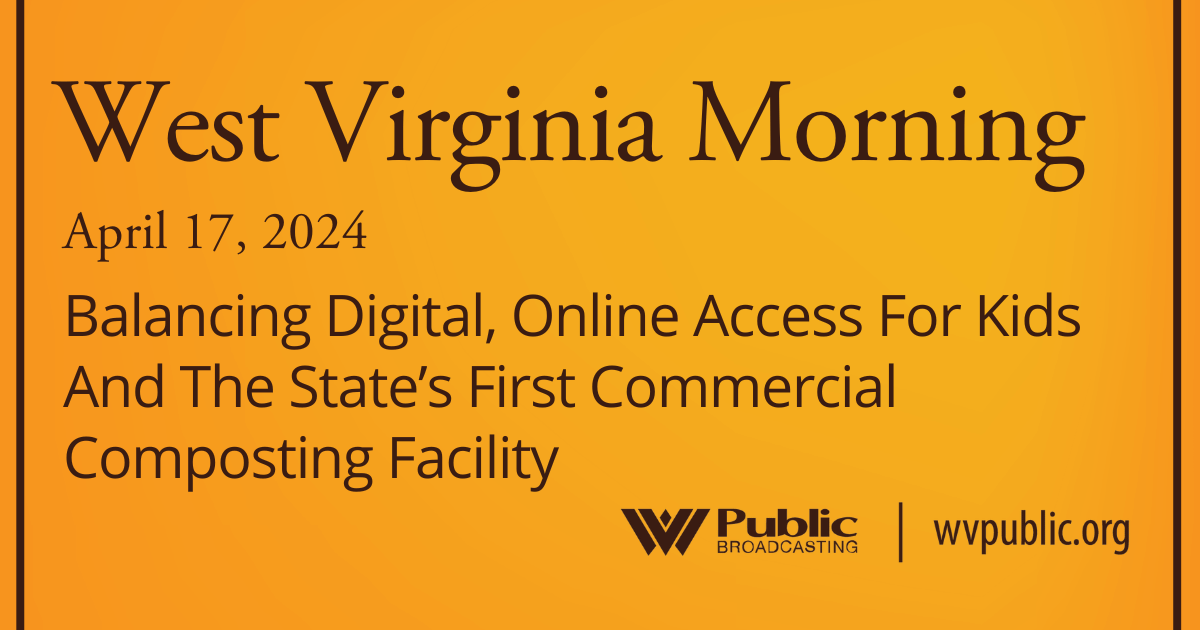If you’ve been paying attention to our news output here at West Virginia Public Broadcasting as of late, you’ve probably noticed an increased focus on data and digital journalism. Sure, we tell stories on the radio, but emerging technology and innovations have inspired us to present our stories in a new and interesting way.
As part of The Needle and the Damage Done, we wanted to allow our audience to get a better understanding of West Virginia’s heroin problem.
Coming next week–in addition to stories on the air–is a series of interactive data visualizations and a platform for you to share your own stories. Both of which will truly illustrate where things stand.
So, here are a few things to expect on the digital front in exploring West Virginia’s heroin epidemic:
1. Data visualization of West Virginia heroin overdose deaths from 2001 – 2014
Using data provided by the West Virginia Department of Health and Human Resources, we can trace the rise of the heroin problem by visualizing the number of heroin overdoses through the years. Also, you’ll be able to see which counties have the biggest problems and when they began to arise.
2. Data visualization of Naloxone administrations from 2012-2014
After the passage of a bill in the West Virginia Legislature, Naloxone–an opioid antagonist that combats the effects of an overdose–will become more widely available to addicts and their families. Using data from 2012 to 2014, we’ll show you how the use of the drug has paralleled the rise of the state’s heroin problem. You’ll see state totals and a county-by-county breakdown of Naloxone administrations over the course of these years.
3. The ability to share your story with us
The digital component also makes the storytelling process work in two different directions. Of course, traditionally, we tell stories to audience. But now, we’re able to have our audience tell us their own stories. Since heroin seems to affect nearly every single West Virginian, we’re making it possible for addicts, those in recovery, family, friends, and anyone else to contribute to our tumblr or using #heroinwv on Facebook, Twitter, or Instagram. You can also email us text, photos, videos or a voice memo: heroin@wvpublic.org.
